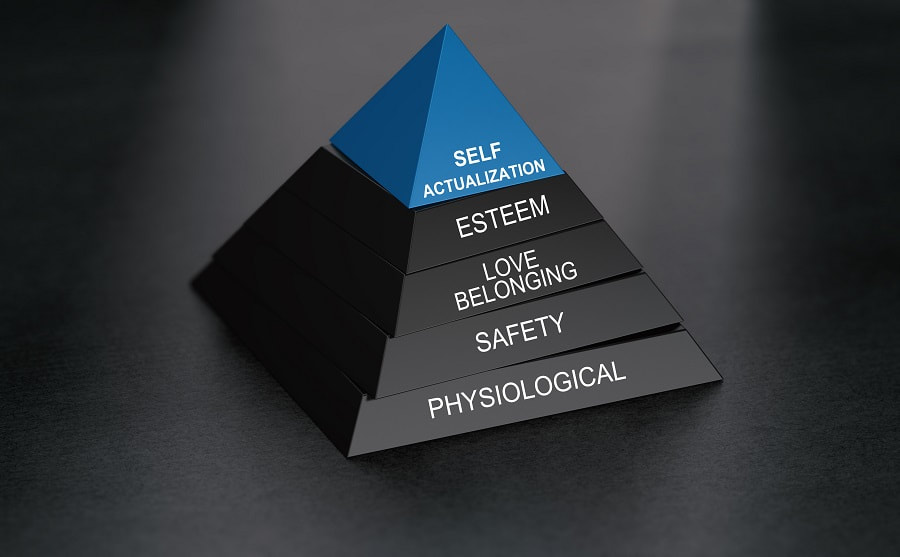|
Life is hard. We can be busily caught up with our responsibilities of life, our jobs, our families, daily chores and obligations, so that when we do, we long for time to relax, kick our feet up, and savor the freedom not to oblige these dictates. Experts tell us to develop a sense of mindfulness to help us appreciate being in the moment. We live in a culture that extols the virtue of hard work, too often to the detriment of our personal needs and concerns; mindfulness, like other remedies to soothe our aching souls, serves as an antidote to these cultural presses. They may indeed help us to counter the effects when hard work and effort become meaningless or oppressive. For some, however, hidden beneath the renunciation of hard work may lurk a hidden defense that colludes against facing the challenges of life necessary for us to become all we have the potential to be.
Is It Necessary to Live Up to Our Potentials? In his classic text, The Protestant Ethic and The Spirit of Capitalism, the 19-century sociologist, Max Weber, wrote about how our nation’s politico-economic system was driven by the Calvinist religious philosophy that hard work pays off in the afterlife. Since then, religion has lost its cache as a driving and integral part of our culture. Capitalism has become secularized and thereby sustained itself on an alternative ethic of self-actualization, an apostasy in a hitherto Christian-centric world. Self-actualization, a psychological concept first popularized by the humanist psychologist, Abraham Maslow, promised a hopeful and “positive” alternative to the assumptions about the baseness of human nature offered by Freud and the dehumanizing conceptualizations of behaviorism. However, when the institutions, such as family, community, and religion, that otherwise can sustain an individual’s quest to become themselves begin to fragment, or even disintegrate, a culture of narcissism and anomie emerges instead. Without investments in communal purposes that transcend self-interest, the quest to become all we can be is stripped of character by the narcissistic imperative to be better than or to have more than, etc. The Greek philosopher, Aristotle, believed that living life to its fullest doesn’t merely improve one’s quality of life, it is an ethical responsibility we have to ourselves to live in accord with this principle. Without doing so we are cheating ourselves of all we are gifted to use to make the most of our lives. Self-actualization enhances the quality of ours and the lives of others. Narcissism, on the other hand, distorts this philosophy of self-care to one of self-aggrandizement. Eventually, the vacuousness of this philosophy of life leads to disillusionment and disappointment. How We Turn Away from Reaching Our Potentials Some people choose, consciously or not, to turn away from the quest to be all one can be to follow the path of settling into a life of “quiet desperation.” This may take many forms, such as what we sometimes disparagingly refer to as the “worried well.” I see many of these patients in my office, people who by all accounts appear normal, happy, well adjusted, but miserable, anxious, and depressed inside. Who would know? The price one pays for “settling” for a life not fulfilling. Many use addictions to assuage the pain of this pact of resignation with life but there is no escape without coming to terms with the fact of it. The challenge of the psychotherapist for those who live beneath their potentials is to address the patient’s defenses against confronting this issue in themselves. Here are some of these kinds of defenses:
It is necessary to work diligently and to take risks in order to reach our potentials. It can be daunting when we look at our goals from the perspective of where we are now in relation to where we want to be. For this reason, following basic principles such as setting modest goals toward reaching grander ones, being accountable for our intentions, and mindfully becoming appreciative for what we may be grateful for help make the quest to reach our potentials reachable.
0 Comments
Your comment will be posted after it is approved.
Leave a Reply. |
Robert Hamm Ph.DPsychologist Archives
June 2023
Categories |

 RSS Feed
RSS Feed